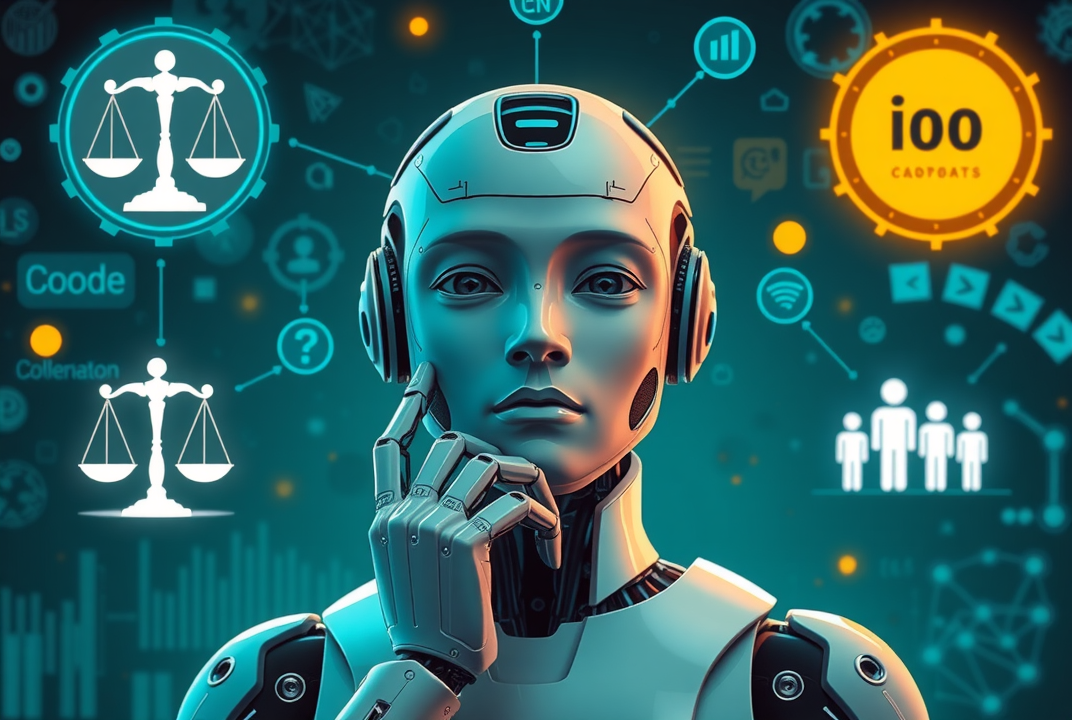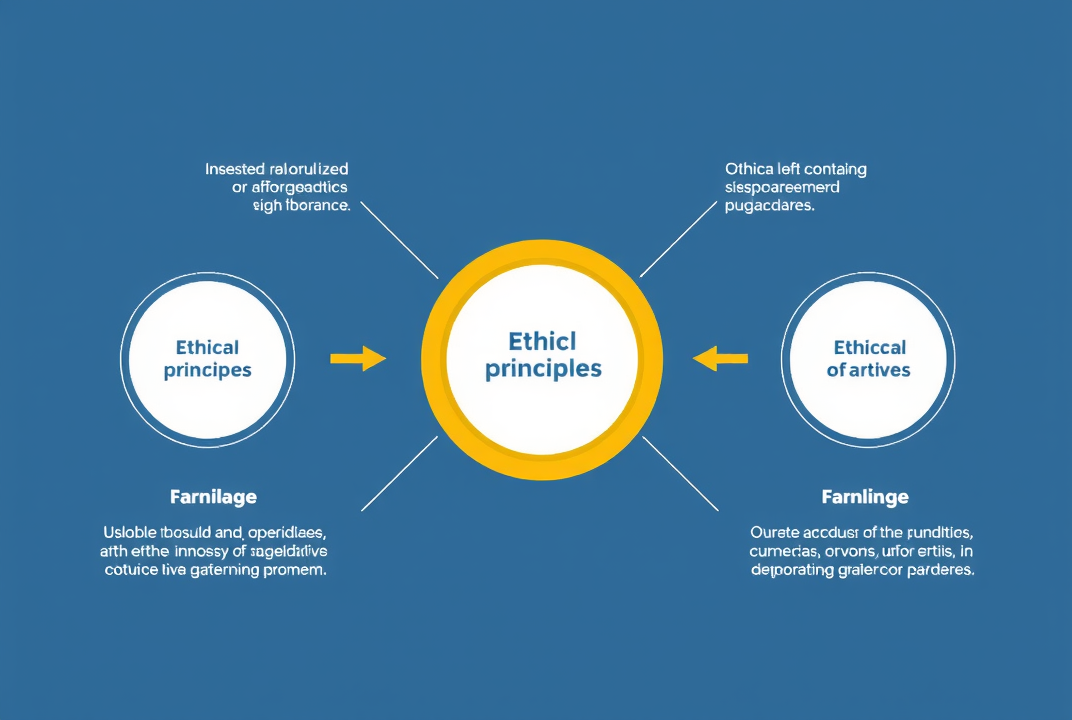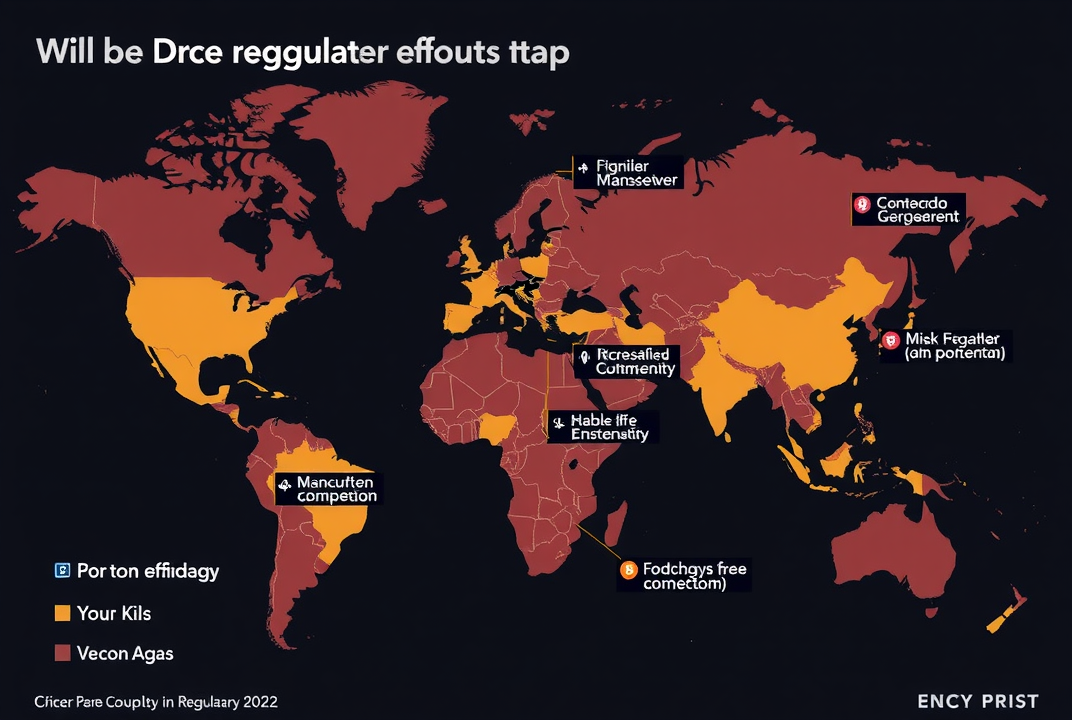Understanding AI Ethics: The Significance and Impact

Introduction
Artificial intelligence (AI) is transforming the way we live and work. But, with great power comes great responsibility. How do we ensure that AI improves society without compromising moral considerations? This is where AI ethics comes into play, a crucial field that examines the moral implications of AI technologies.
The importance of AI ethics has grown as AI systems increasingly influence decisions, from hiring processes to judicial rulings. Stakeholders across industries recognize the need for guidelines that address these ethical concerns. In this article, we will explore what AI ethics encompasses, why it matters, and the potential impacts on various sectors.
What is AI Ethics?
AI ethics refers to the application of moral principles to AI technologies. These guidelines ensure that AI systems are designed, developed, and implemented responsibly. Ethical AI practices include transparency, accountability, and fairness, among other considerations that safeguard human rights.
Key Principles of AI Ethics:
-
Transparency: AI systems should operate in clear and understandable ways.
-
Accountability: Developers and users must take responsibility for the outcomes produced by AI.
-
Fairness: AI should collectively reflect human diversity without bias.

Importance of AI Ethics
The adoption of ethical standards in AI offers numerous benefits. For one, ethical AI aligns business practices with societal values, improving trust between companies and their customers. Moreover, ethical guidelines promote innovation by fostering a framework where creativity flourishes responsibly.
Example: In healthcare, ethical AI can lead to more reliable diagnostic tools, benefiting patients and providers alike. By ensuring that AI applications adhere to ethical norms, healthcare institutions can improve patient trust and outcomes.
Impact on Society
The societal impact of AI ranges from economic transformations to shifts in workforce dynamics. AI ethics ensures that these changes are managed. By adhering to ethical principles, businesses can empower employees with AI, turning potential threats into opportunities for growth.
Positive Impacts:
-
Economic growth driven by AI innovation.
-
Enhanced decision-making processes across sectors.
-
Inclusive technological advancements.
However, ignoring AI ethics can lead to negative societal consequences, such as loss of privacy and increased inequality.
Regulatory Landscape
Governments and organizations are developing regulations to guide the ethical deployment of AI. Initiatives like the European Union’s General Data Protection Regulation (GDPR) play pivotal roles in shaping ethical standards. These regulations aim to protect citizens’ privacy while promoting fair competition among businesses.
Global Efforts in AI Ethics:
-
The IEEE Global Initiative on Ethics of Autonomous and Intelligent Systems
-
The OECD Principles on Artificial Intelligence

Challenges in Implementing AI Ethics
Despite the recognized importance, implementing AI ethics is fraught with challenges. Technological complexities, varying global standards, and the rapid pace of innovation can hinder ethical AI adoption. Addressing these challenges requires collective efforts from governments, businesses, and academic institutions.
Common Challenges:
-
Aligning global ethical standards.
-
Balancing innovation with regulation.
"Ethics must start at the top of an organization and be positively demonstrated by leadership." — Experts in organizational ethics.
Case Study: Ethical AI in Finance
In the financial industry, ethical AI has been put to the test with varying outcomes. Algorithms influence credit scoring, lending decisions, and stock trading. While AI offers precision and speed, ethical flaws can result in discrimination and loss of transparency.
Lessons Learned:
-
Continuous evaluation and redesign of algorithms to prevent bias.
-
Fostering accountability among developers and users.
-
Encouraging discussions around ethical impacts within organizations.
Conclusion
Understanding and implementing AI ethics is vital for building a future where technology serves humanity’s best interests. Ethical guidelines help transform AI from a disruptive force into an empowering tool. As we progress, ongoing dialogue involving different stakeholders will be key to navigating the ethical challenges that AI presents.
Next Steps:
-
Encourage interdisciplinary collaborations for ethical AI advancements.
-
Advocate for educational programs focused on AI ethics.